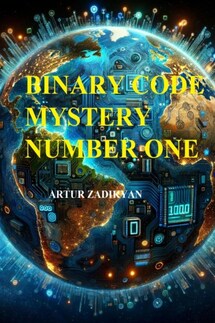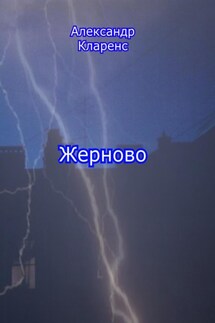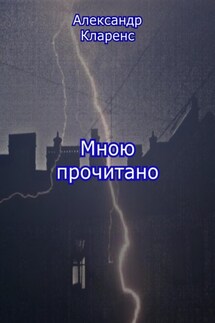Binary code: Mystery number one - страница 3
The NSA tried to stop Bamford's "subversive" activities and prosecute him under the Espionage Act. The journalist was accused of obtaining classified documents, but at the time the Reagan administration had not yet succeeded in passing a national security directive allowing for the reclassification of documents.
This is the kind of thing an ordinary journalist could do. It is impossible to imagine such things in the USSR, even in modern Russia. Over time, Rutra got fed up with it and decided to leave the service, as it involved risk to life and danger to freedom. The pay was not bad, but the money came and went. No serious earnings. Days and months went by like "life was a raspberry", you could walk around at your own pleasure. At the moment when he decided, so to speak, to "stop" with it, he received an offer he could not refuse. There are no exes in the system he was in, so it was impossible to just walk away. He didn't want to fulfill cheap requests; he couldn't move up the career ladder either, because he had to serve there and fulfill his assignments. There were changes in the country, and the surrounding reality promised very good prospects. So Rutra was at a crossroads. And then, out of nowhere, Alexander Ivanovich appeared.
Chapter 2: Where is zero?
Alexander Ivanovich was an old, hardened fighter with awards and wounds. He was missing one eye and had a prosthetic instead. He never told what happened to him, but his coworkers whispered that he had this eye removed voluntarily, that instead of an eye there was a special device. They said that instead of an eye he had an artificial eye, or rather, a device with the function of taking pictures, photographing, x-raying and scanning.
Alexander Ivanovich set up an informal meeting.
– We thought you were offended.
– Why all of a sudden?
– You've been illegal for a long time. Usually after a stint abroad, fighters come back and get a rank and file at headquarters.
– What's in it for me?
– You'll get lieutenant colonel ahead of schedule and classified status.
– Which one?
– Head of a think tank at a top-secret facility and access to state secrets.
Rutra had no reason not to believe Alexander Ivanovich, and he never joked, especially not like that, but Rutra was still wary. He knew that one got into such centers either by "inheritance" or for very great merit. Those who worked in special secret centers were checked from birth, and not only for themselves, but as they say, for their entire background.
– I want you to know there's a problem in the system, the system wants a new fighter, with an abstract mindset.
To this, Rutra replied that this was not news to him.
– I'm already in the system.
He knew that Alexander Ivanovich knew he was in the system.
– You know exactly what I mean. I want you to get into the first round, and I want you to get promoted.
– What circle is that?
– The one that includes the special ones. You know perfectly well there's no way out.
– Is that an "aquarium"?
– Sort of. We should take you to Center A. I already talked to the right people today. They've been watching you for a while. But be warned, you're going to the very center. I've set up an early morning meeting.
At 7:00 they were to meet Alexander Ivanovich and go to this "very-most center". In the morning, Alexander Ivanovich picked him up. There was a driver sitting behind the wheel of the company car, who looked suspiciously at Rutra. The license plates were military, series 16. They drove straight out of town and into some kind of specially protected reserve zone, which was impossible to enter, only through a checkpoint with darkened windows. There was a sign on the iron fence that said it was some kind of estate.









